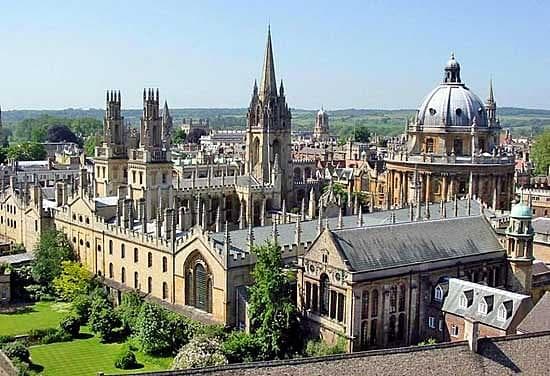The MSc consists of four papers and a dissertation. The three core papers, taught across Michaelmas and Hilary terms, each comprise 16 lectures, three tutorials and one debate.
You will also select an option paper, which may have a topical or regional focus, based on your own interests.
The core papers are:
- Paper 1: Critical Medical Anthropology
- Paper 2: Biocultural Approaches to Medicine
- Paper 3: Anthropologies of the Body.
There is one core seminar series in medical anthropology; the student led Medical Anthropology Research Seminars.
The dissertation is an independent piece of work written after the June examinations. Dissertation classes are held over the course of Trinity term for two hours per week, during which you will be able to present ideas for your dissertation project to colleagues and staff, and a maximum of two individual supervisors.
The School of Anthropology and Museum Ethnography takes the view that full-time degrees require full-time study (ie equivalent to typical employment, around 40 hours per week, throughout the year). You should expect to spend six to eight hours per week in term time in formal teaching contexts (lectures, seminar groups, tutorials, classes), which can be supplemented with attendance of the many research and visiting speaker seminars on offer; the remainder of your time (ie around 30 hours per week) should be spent on independent study and preparation of submitted work. The periods outside term time are considered to be opportunities for further independent study, consolidating and supplementing the knowledge gained during the preceding term and preparing work for examination, as well as for an appropriate break from study.
